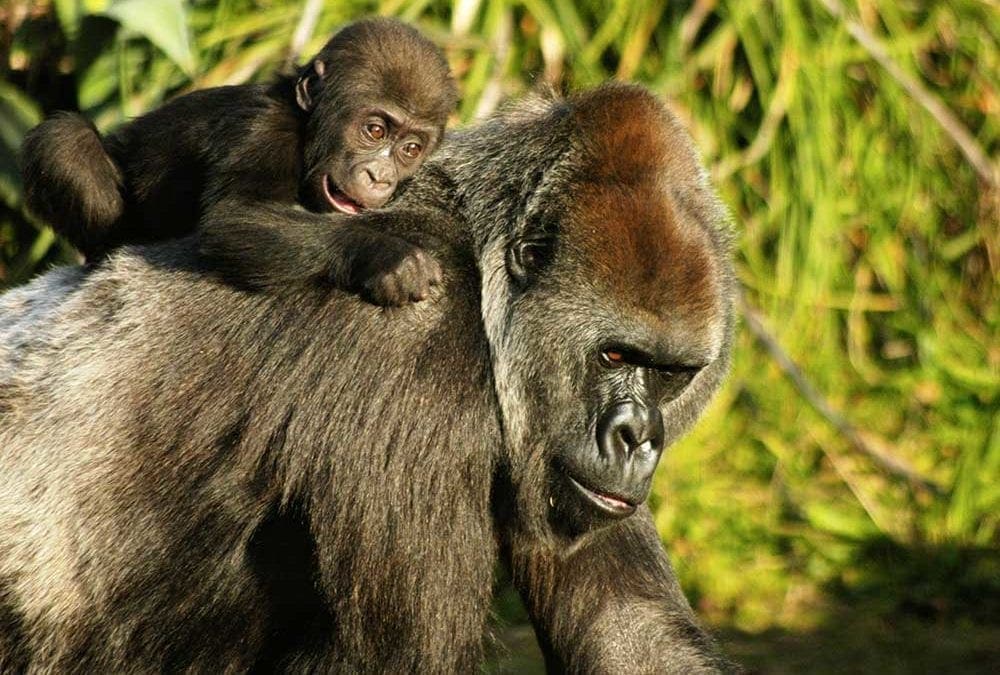On August 24, PNAS – A very high risk of COVID 19 infection in primate species has been reported. Their analysis predicts that several critically endangered primate species are at very high risk of the virus, although the results need to be confirmed with further experiments or surveillance.
An international team of scientists has assessed the fit for the main cellular attachment point of COVID 19 in 410 species of vertebrates, including 252 mammals, to categorize those most susceptible to viral entry. Although the computational study results need to be confirmed with further experiments or surveillance.
In humans, 25 amino acids of the ACE2 enzyme are important for the virus to enter into cells. This international team of scientists used these 25 amino acid sequences to evaluate how endangered were other species to COVID 19 infection.
Among species pegged as very high risk are Monkeys, which were known to be vulnerable to COVID-19 and have been used to study the immune response to the COVID 19 infection. Primate facilities have been taking steps since early on in the pandemic to protect their animals from the COVID 19 infection. The results spotlighted primates such as the Western lowland gorilla, Sumatran orangutan, chimpanzee, and bonobo as at very high risk of COVID 19 infection.
Domestic animals such as cats, cattle, and sheep were at medium risk, and dogs, horses, and pigs were at low risk for ACE2 binding and COVID 19 infection.

Specializing in rare disease, Boston Biotech Clinical Research works with biotech, pharmaceutical, device companies and investors to streamline the clinical trial process. Our experienced team helps each client reach their specific goals by customizing a clinical and regulatory road map of simplified programs and streamlined protocols to meet our clients’ requirements.

